Common Name: Dwarf Anchor Catfish
Scientific Name: Hara jerdoni
Genus: Hara
Wild Origin: Northeastern India and Bangladesh, typically found in slow-moving rivers and streams with sandy or muddy substrates.
The Dwarf Anchor Catfish is a small, peaceful freshwater species known for its distinctive, flattened body shape and its ability to blend into the substrate, resembling an anchor in appearance. This nocturnal fish is prized by aquarists for its unique look and calm demeanor, making it an excellent addition to community or nano aquariums. Hara jerdoni typically grows to about 1.5 inches (3.8 cm) and has a lifespan of 5-7 years with proper care.
Habitat and Tank Requirements:
Dwarf Anchor Catfish thrive in aquariums that mimic their natural environment, with soft substrates, plenty of hiding spots, and gentle water flow.
Tank Size and Water Parameters:
| PARAMETER | RECOMMENDED |
|---|---|
| Tank Size | Minimum 20 litres |
| Temperature | 68-77°F (20-25°C) |
| pH | 6.0-7.5 |
| Hardness | Soft to moderately hard water, 2-10 dGH |
A sandy substrate is ideal for these bottom-dwelling fish, as it allows them to rest comfortably and exhibit natural behaviors. Decorate the tank with driftwood, smooth rocks, and dense planting to provide plenty of hiding spots. Floating plants can help diffuse light, as Dwarf Anchor Catfish prefer dimly lit environments. A gentle filter is essential to maintain water quality without creating strong currents.
We Recommend:
These carefully selected options provide a well-balanced nutritional profile, ensuring that your fish receive the essential nutrients they need for optimal growth, vibrant colors, and overall health. By offering a variety of these high-quality foods, you can help maintain the vitality and well-being of your fish, promoting a healthy and thriving aquarium environment.
Behavior and Compatibility:
Dwarf Anchor Catfish are peaceful and shy, often spending their time hiding among plants or decorations during the day. They are most active at night and are best kept in small groups of 3-6 individuals to encourage natural social behaviors.
They are compatible with other peaceful fish species, such as tetras, rasboras, Corydoras, and small gouramis. Avoid housing them with large or aggressive tank mates that may stress or outcompete them for food.

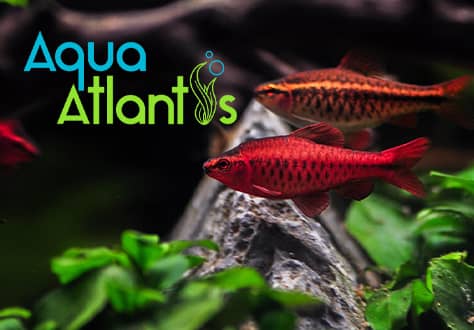









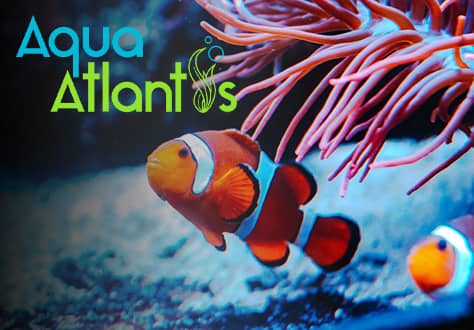





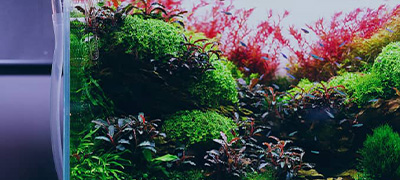



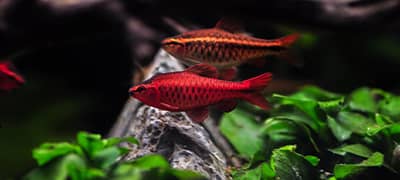
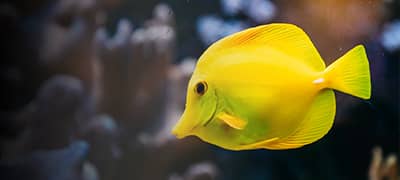
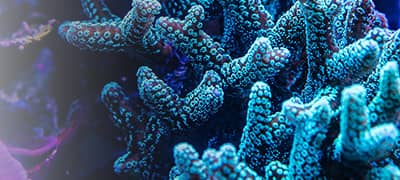
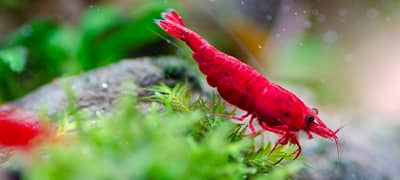













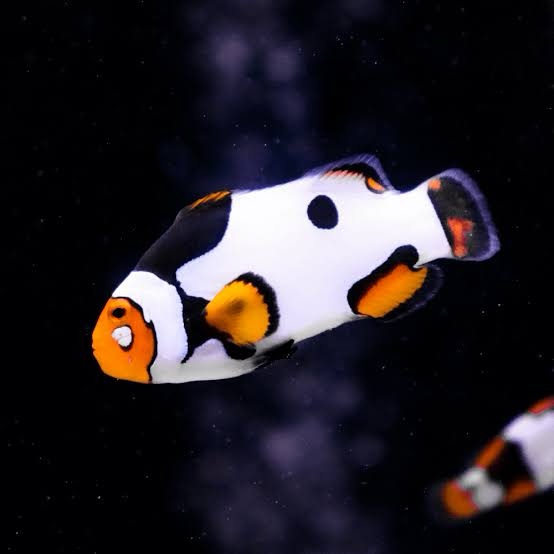


Reviews
Clear filtersThere are no reviews yet.